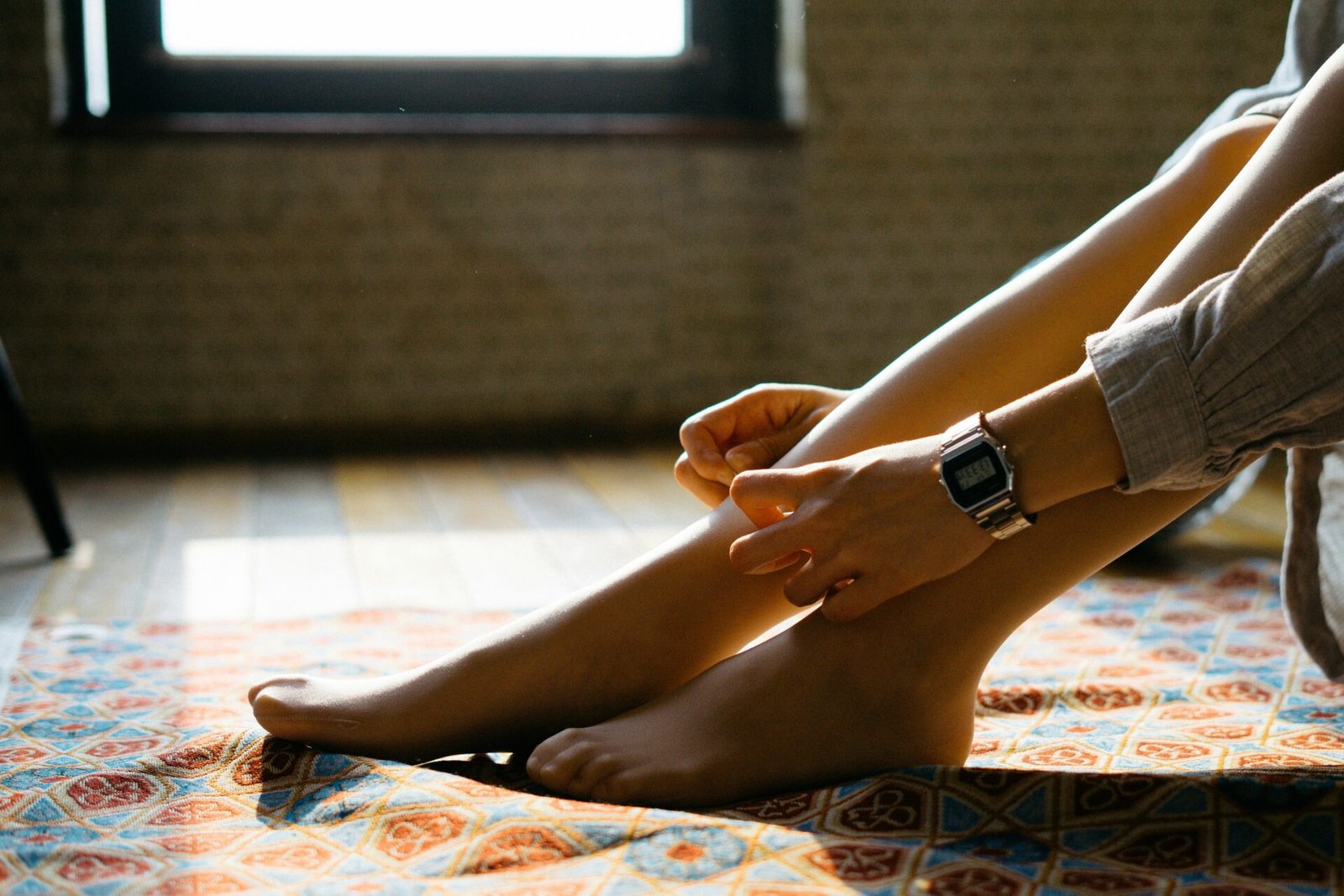What is “bad behavior” and what does it mean to be a “good mother”? What types of defense mechanisms are there, and are we perhaps sometimes running away from life? What can we do with overstimulation, how can we self-regulate and create a peaceful space at home with children?
Four questions for choosing a partner / Three questions for a “good mom”
I recently watched a movie that I wouldn’t recommend. However, it mentioned four wonderful questions that one should ask themselves when choosing a partner:
- Is he kind?
- Can I tell him everything that’s on my heart?
- Does he help me be the best version of myself?
- Can I imagine him as the father of my children?
And I thought that the first three questions could definitely be asked in relation to one’s child: Am I kind? Can my son tell me everything that’s on his heart? Do I help him be his best version?
Self-regulation and living emotions through
No, not always. Far from always. I have issues with self-regulation, and, accordingly, so does my son. Self-regulation is not about self-control. It’s about recognizing your needs in time and fulfilling them without pushing yourself to the point of an outburst.
I’m used to overstimulating myself as an escape from my own emotions. Like many others, I don’t want to be alone with my emotions and experience them. Instead, I numb my feelings with a constant stream of new information and reflections. Logically, there’s no space for processing my own emotions, not talking about the emotions of others.
The child ends up in a stressful environment where no one is kind, no one helps them be the best version of themselves, and no one wants to hear what’s on their heart. That’s why the famous quote from Bible about loving others as yourself is so profound. It’s impossible to love others when you don’t love yourself; it’s impossible to help others deal with emotions you refuse to experience yourself; it’s impossible to be kind to someone when you’re so unkind to yourself.
On a rational level, I can, oh, I rationalize and intellectualize everything in my path—this is my defense, my support. But living, living feels too hard, like it does for most people. One problem (or is it one?) is that it prevents me from being a good mother.
The irony is that I suppress not only negative emotions but also joy. The one emotion I have to experience (but not live through) as a result of all of this is irritation and anger. To truly experience it would mean listening to what it’s trying to say, feeling it, letting it go, instead of endlessly stewing in it.
Defense mechanisms
People escape in different ways. Rationalization is not the only way to defend oneself from the world, oneself, and life.
The main defense mechanisms are:
- Repression – unconscious blocking of distressing thoughts, memories, or feelings.
- Denial – refusal to acknowledge the reality of unpleasant facts or emotions.
- Projection – attributing one’s own unacceptable feelings or thoughts to others.
- Regression – reverting to more childish behaviors in response to stress.
- Rationalization – logical explanation or justification of behavior that is actually driven by emotional causes.
- Reaction formation – displaying emotions opposite to those truly felt.
- Sublimation – transforming unacceptable impulses into socially acceptable behavior (e.g., channeling aggression into sports or art).
- Isolation of affect – separating emotions from an event or thought (e.g., talking about trauma in a detached, emotionless way).
- Intellectualization – focusing on logical analysis instead of experiencing emotions.
- Identification – unconsciously adopting the traits, behaviors, or thinking style of another person (often an authority figure or aggressor).
- Displacement – transferring emotions from a source of anxiety to a safer object (e.g., frustration with a boss directed at a child).
- Fantasy – escaping into imagination or fictional worlds as a way to cope with reality.
Defense mechanisms are not inherently bad. They are natural and necessary for us to cope with painful emotions, stress, and difficult situations, especially when it’s not possible to immediately acknowledge or resolve the problem. However, firstly, they should not replace life itself, and secondly, we can work on making these mechanisms healthier and more conscious. As always in everything, there needs to be a balance.
How to reduce the negative impact of defense mechanisms
- Self-awareness
The key is the ability to notice your defense mechanisms when they are triggered. This can be difficult since they are often unconscious. However, over time, this skill can be developed.
- Emotional processing
Instead of rejecting or avoiding emotions, it’s important to learn to experience them. This can be done through mindfulness, meditation, or simply pausing and allowing yourself to feel whatever comes, without judgment.
- Replacing with healthy strategies
Learn to replace defense mechanisms with more constructive strategies. For example:
- Instead of repression, start expressing your emotions through conversations with others or journaling.
- Instead of projection, try to become aware of your emotions and work on them through self-reflection.
- Working with a psychologist
If defense mechanisms begin to complicate life too much, working with a psychologist can help you better understand their causes and find ways to reduce their impact. Psychotherapy, particularly psychoanalytic approaches or cognitive-behavioral therapy, can help with this.
- Practicing self-acceptance and self-kindness
The more we learn to accept ourselves as we are, the less we need to defend ourselves. Self-kindness practices help reduce inner conflict and the need for automatic defense mechanisms. Give yourself that blanket, cappuccino, and book.
- Developing emotional flexibility
This is the ability to adapt to different emotional states without retreating into defense mechanisms. You can work on developing this flexibility through regular exercises to recognize your emotions and interpret situations.
Instead of trying to get rid of defense mechanisms completely (which is unlikely to be possible anyway), it’s important to learn to recognize them, understand their role in our lives, and gradually shift them towards healthier strategies to support emotional well-being.
- Emotional intelligence
This is the ability to be aware of your emotions, understand the emotions of others, and respond effectively to them. Enhancing emotional intelligence allows for better stress management and conflict resolution.
- Responsibility for your own emotions
Recognizing that our emotions are our own experience and that we have the ability to change our attitude towards the situations that trigger these emotions helps with self-regulation.
- Integrating practices into daily life
All of this is just talk without practice. The blanket, cappuccino, and book need to form a good habit. Daily practices of self-kindness, emotional processing, and self-awareness should be part of the routine.
- Modeling behavior
We model behavior for our children. We cannot expect a child to learn self-regulation if they have never seen how it’s done.
- Support and sharing experiences
A support community (friends, family, a psychological support group) can be an important factor. Sometimes, sharing experiences with others who have similar feelings can provide new perspectives and reduce feelings of isolation.
Excessive stimulation
In Stuart Shanker’s book Self-Regulation, there is a story about a boy who was considered genetically “bad” and whose behavior no one could manage. When he met with a specialist, it turned out that the boy was biologically sensitive to bright light and sounds, and simply removing these triggers and speaking in a calm tone immediately calmed his “bad behavior.”
Modern children are subjected to excessive stimulation: from irritated parents to excessive screen time. This often leads to hyperactive, excited behavior, which we tend to perceive as “problematic” instead of seeing it as a sign of fatigue, overload, and a need for regulation.
Peaceful rituals
Something I’ve been thinking a lot about lately is creating peaceful home rituals for myself and my child. Activities like drawing together, doing each other’s hair, giving massages, cooking, singing, playing instruments, teaching an art of observation, creating a calm corner with aromatherapy, soft music, and pleasant lighting, attempting shared meditation (tapping, methods of muscle tension and relaxation, and other techniques), quiet dancing, tea rituals with calm conversations, handcrafts, and scheduled weekend activities that could reduce the stress of coming up with things to do and make weekends more predictable and, therefore, calmer.
All of this feels overwhelming, and I often want to retreat into my defense mechanisms or something else because it doesn’t seem realistic with a seven-year-old child, at least not in my case as an experienced “escapist” and someone who feels the pressure of having so much to accomplish in this short life. But I know that this works in the long run, and I’m gradually incorporating it into my life.



